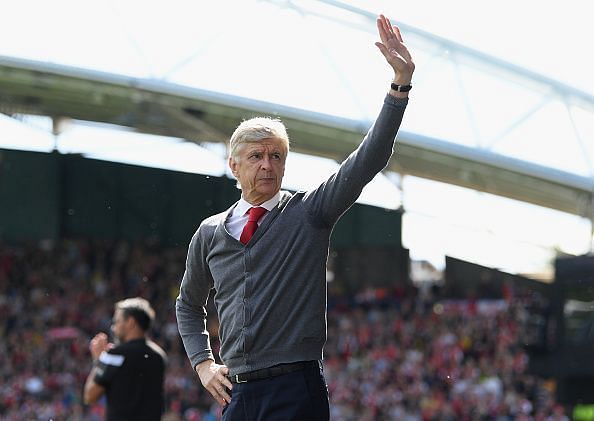
Opinion: Are football clubs becoming businesses now?
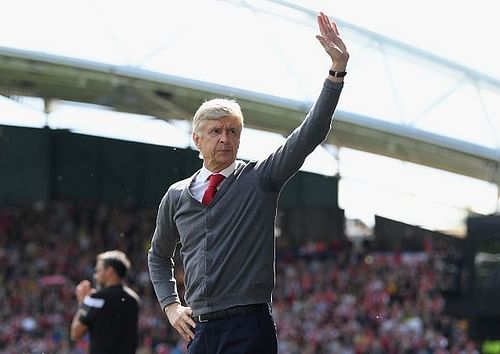
The international break is on now and that means for now club news takes a back burner. The news will be about the matches played in UEFA Nations League and other friendlies. Controversy will be surrounding the non-selection of in form players like Alexandre Lacazette and Jordi Alba.
But let us talk a bit about the state of the clubs around us. Arsene Wenger leaving this summer marked the end of an era. He will be the last manager who has managed a club more than five seasons.
It is a bold statement, but it is closer to the truth than further from it. Why did Guardiola leave Barcelona after the phenomenal success he brought to the club? Why did Zidane leave after winning three consecutive Champions League titles?
Both of them probably realized that it was better to leave in their own terms than to be pushed out, no matter how successful they were. It is the sad truth of how clubs are run nowadays. They are run more like businesses than clubs.
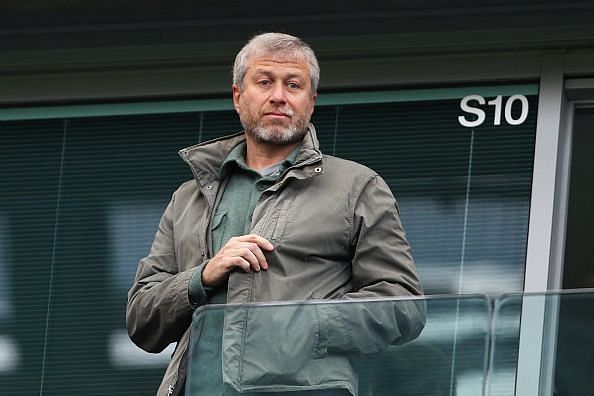
The reason could be the money that a football club has nowadays. With billionaire businessmen buying clubs, they bring in a bucketload of cash for buying players. This has caused a struggling club like Manchester City to become Premier League champions within a decade.
With money in the bank, clubs attract players with high salary packages and are also able to pay release clauses with ease. But with money comes business. These billionaires are investing in a club, not donating money to it. So in return, they want their money back.
This is why transfers nowadays treat players more like commodities. The more marketable the player, the better. And in this era, it means it is the players who have the power, not the manager.
The Pogba-Mourinho saga is a perfect example of this. One cannot imagine this drama happening if Sir Alex Ferguson were the manager. Mourinho no longer commands the respect he used to garner, but one cannot ignore the fact that this would not be happening if Paul Pogba didn't cost north of $100 million.
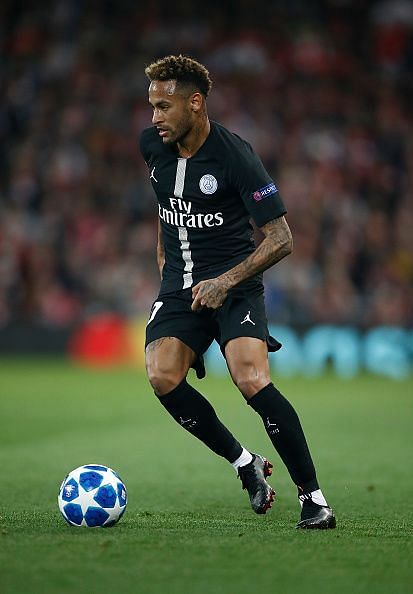
Across the English Channel, in the City of Love, the current most expensive player is also dictating matters on the pitch, but not in the way one might think. Neymar's penalty spat with Edinson Cavani showed the arrogance the Brazilian developed since moving to PSG.
Clearly, then manager Unai Emery had designated Cavani as the penalty taker. But Neymar decided to stamp his authority and create a scene usually found in school grounds.
It is especially disheartening to see this behavior from a player who played with Messi, who has the reputation of giving others the chance to take penalties. The fact remains that Neymar challenged his manager's decision and did not face any consequences for it.
Such is the era where the players have the power and the managers are brought in to accommodate the star player's needs.
The manager is expected to make the star player's life as comfortable as possible on the pitch by positioning the other players to cover for the star's deficiencies. This is not the era where Sir Alex Ferguson or Arsene Wenger managed, where they were the boss of the club and the playing style was dictated by their approach.
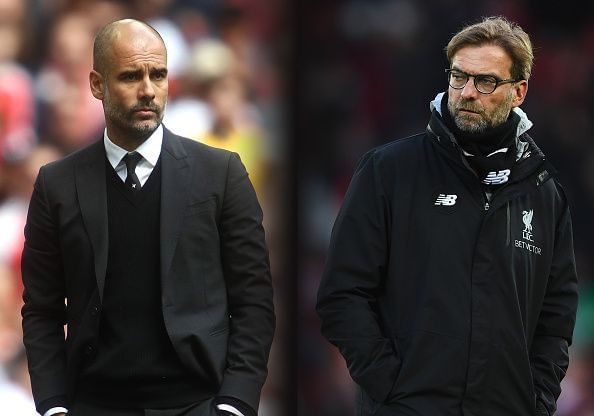
The only managers who can say they have any control over their club are Pep Guardiola and Jurgen Klopp. Guardiola has amassed respect with his trademark style of management as well as his attention to detail and the success that it has brought him.
Manchester City brought him in with the mission to turn the Citizens into a powerhouse like Barcelona. They have given him the money to buy any player he deems necessary to shape the squad into his image, and the power to sell any player he deems unfit.
Jurgen Klopp also has that power in Liverpool. While he has yet to win any trophies with the Reds, he has brought them back from the dead and made them genuine title challengers. Liverpool's high press and high action play has won many fans and almost won them their 6th Champions League title last season.
That being said, it remains to be seen how long both Guardiola and Klopp remain in charge of their respective clubs. The constant pressure to deliver trophies could take a toll on the managers.
Clubs are run like businesses nowadays. The main factor about a player is his marketability and not his on-pitch performance. Managers joining a club know that their time is limited and that their tactics will be scrutinized whether they are successful or not.
The decision of La Liga to play a league match in the US is also disheartening to see. The fact that the players will have to travel more than 10 hours for a match in the middle of the season so that their league can get more money is downright pathetic.
Football is falling into the hands of power-hungry businessmen who prioritize making money and that is not what the Beautiful Game stands for.